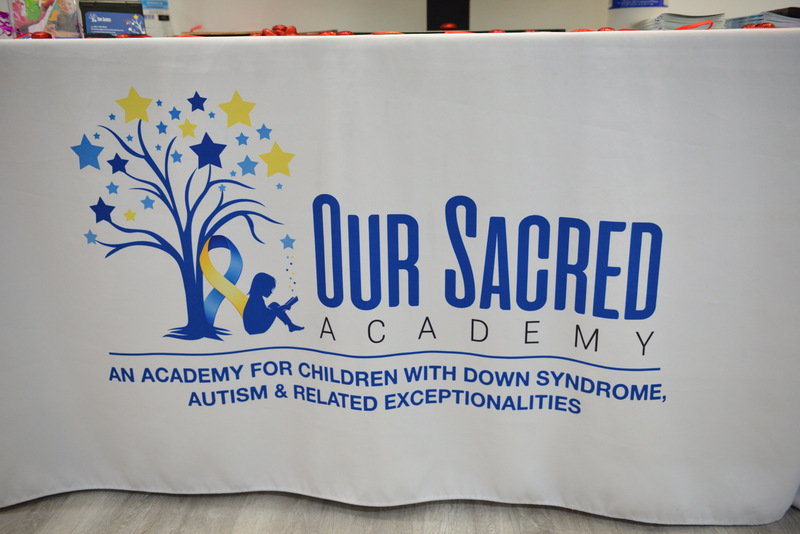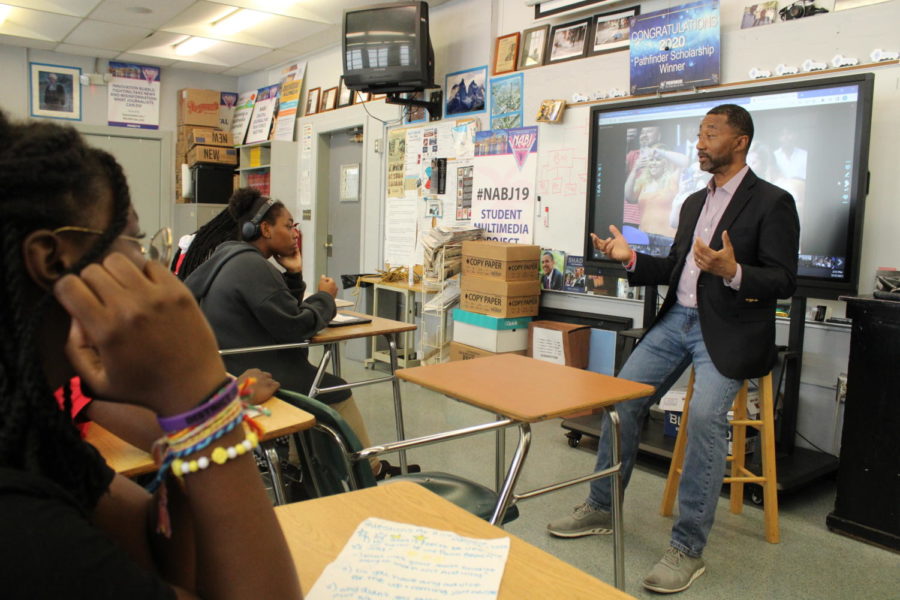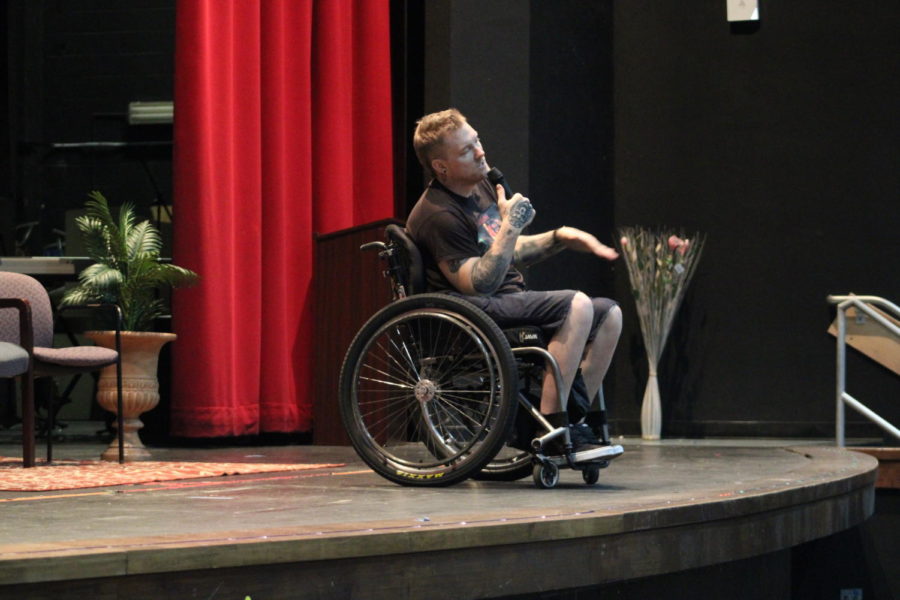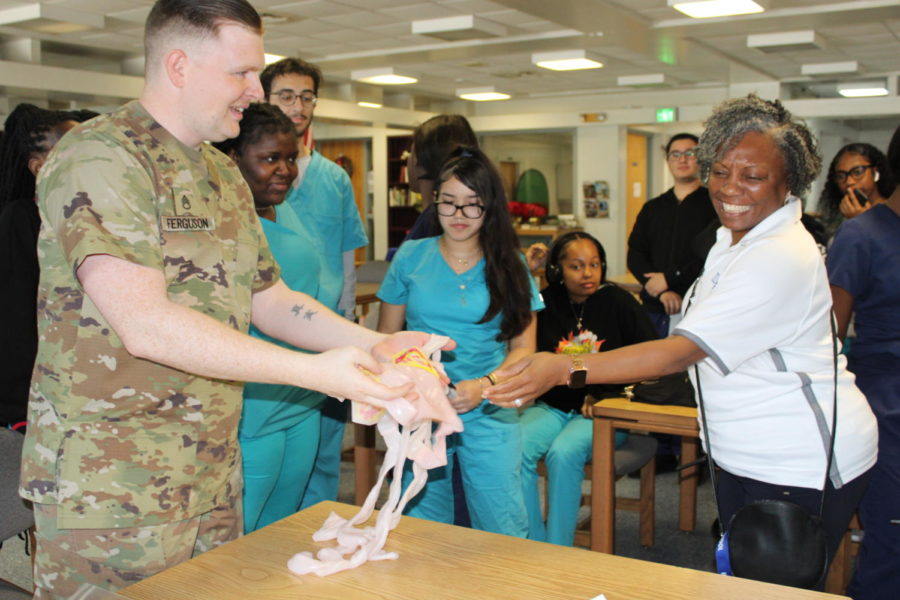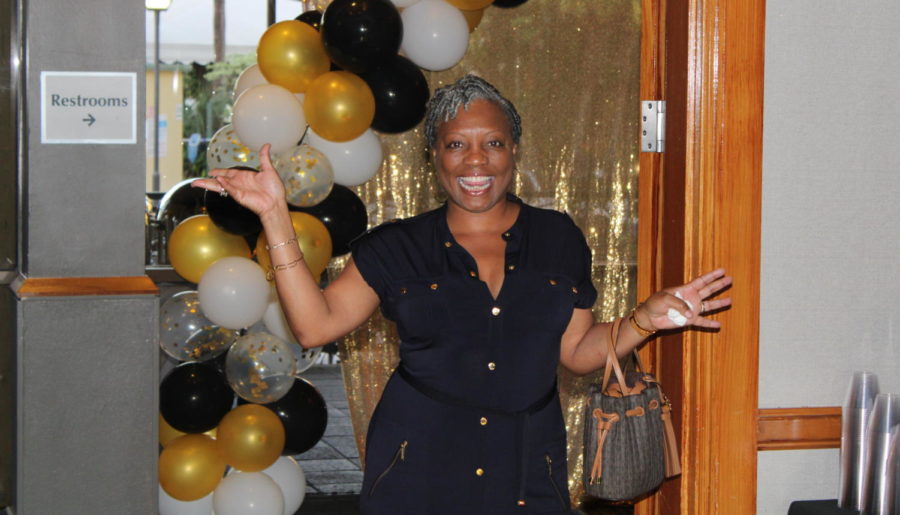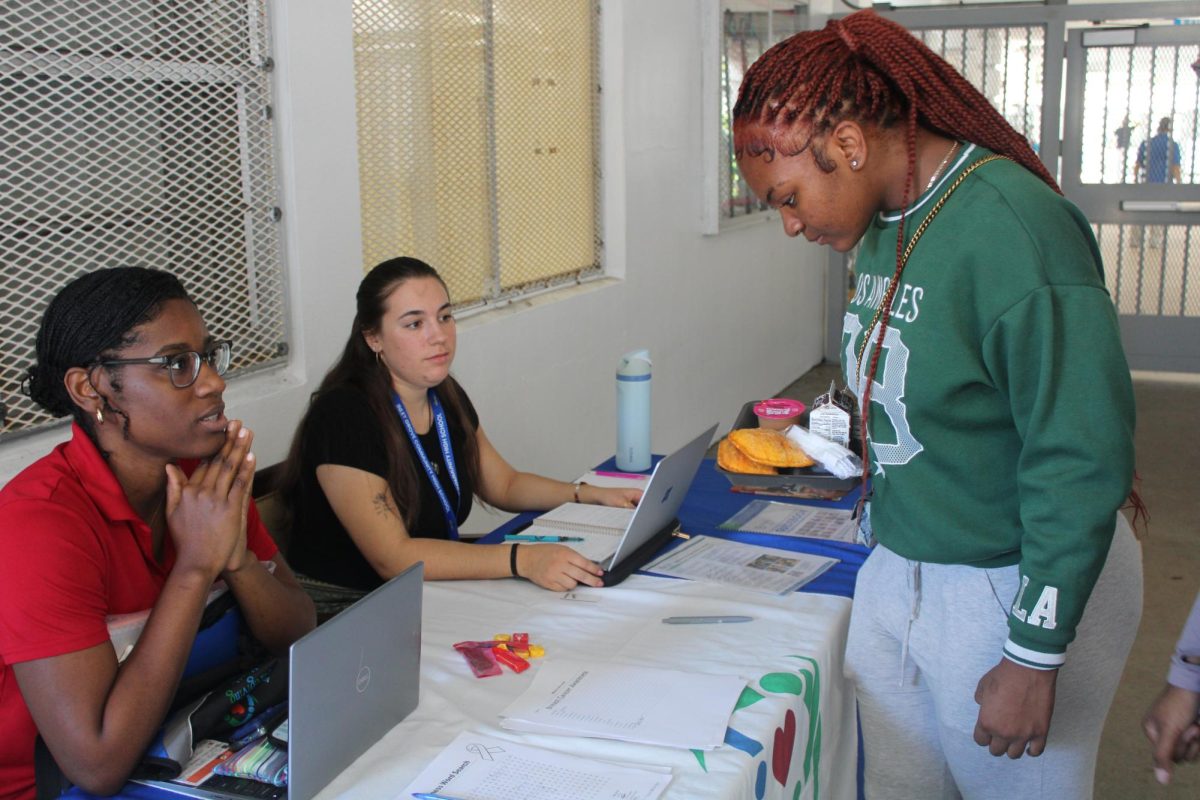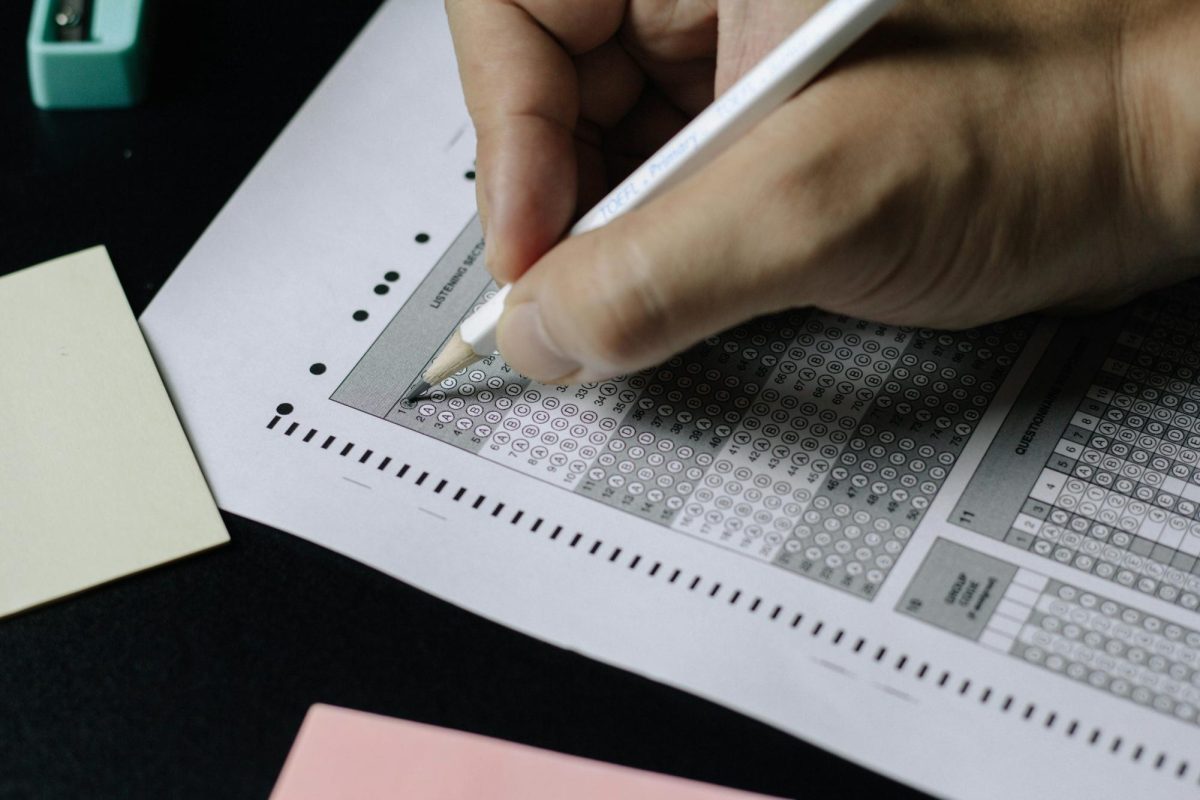Special education is an essential yet often misunderstood aspect of our educational system. To shed light on the subject, Principal Kathy, a special education advocate and mother, founded her own school to better serve children with special needs, including her daughter with Down syndrome and autism. Her words made it clear that many misconceptions still surround special education, and there’s much work to be done to ensure all children receive the support and dignity they deserve.
The Heart of Special Education
Principal Kathy’s journey began with a deeply personal motivation. As a mother of three girls, one of whom has special needs, she found that her daughter was not receiving the necessary support in the public school system. This realization drove her to open her own special needs school, which has since grown from a small room with three children to a thriving community with 35 students and a dedicated team of staff providing a wide range of therapies.
“The mission of our school is to provide individuals with special needs the opportunity to live life with dignity,” Principal Kathy said. “Everything I do is for my daughter and children like her. Our goal is to continue expanding our services, eventually offering vocational training and employment opportunities for young adults with special needs.” For her, this is not just a mission but a way of life, driven by the desire to create a better environment for her daughter and all children like her.
Common Misconceptions About Special Needs
One of the most pervasive misconceptions about children with special needs is that they are less aware or less capable than their peers. “That couldn’t be further from the truth. These children are incredibly perceptive and aware of their environment,” said Principal Kathy. They may communicate differently, but they are just as capable of understanding and responding to their surroundings as any other child. Principal Kathy said that she believes one of the biggest misconceptions is the assumption that children with special needs don’t understand what’s going on or that they don’t know any better. She disagrees with this perspective and said that everyone is a genius in their own way.
Children with special needs often possess a heightened awareness of their surroundings, even if they cannot express it in conventional ways. “They know everything that’s happening around them,” Kathy said, emphasizing that these children respond to environmental cues in the best way they can. It’s crucial to recognize and respect their intelligence and sensitivity rather than underestimate their abilities.
The Importance of Early Diagnosis and Intervention
Early diagnosis plays a vital role in the development of children with disabilities. Principal Kathy said, “The sooner that we have intervention, the better the result.” Early diagnosis allows for targeted support and goal-setting, which are key to helping these children reach their full potential.
Parents, teachers, and the community play critical roles in this process. Special education teachers are some of the most innovative and adaptable professionals in education. They bring unique skills to the classroom, using innovative teaching methods to engage students and help them learn in ways that work best for them. They are not only educators but also guides for parents, helping them navigate the often complex world of special education resources.
Advocacy and Community Support
Raising a child with special needs presents unique challenges that can turn a family’s world upside down. “You have to reinvent yourself,” Principal Kathy said. “You have to grieve the child you thought you would have and accept a new reality. It’s a process of acceptance and adaptation, and it can be incredibly challenging.” It’s important for parents who have kids with disabilities to have radical acceptance.
Advocacy is essential for parents who may not have access to a special education school. Principal Kathy advises parents to educate themselves about their rights and the resources available to them. “Advocating is a very strong word and has a lot of different layers to it,” she said, “Early on, it’s easy to feel lost—unsure of what to do or where to turn for support,” Kathy emphasizes that as you gain knowledge, it becomes important to advocate not only for your own child but also for others in similar situations. Understanding your rights as a parent and being familiar with policies and procedures are key steps in this process. Acknowledging that the journey can be overwhelming. However, with time and experience, parents can become powerful advocates not only for their own children but for others in similar situations.
Communities and governments also have a significant role to play in supporting special needs families. “It’s important that communities are aware of what the need is,” Kathy said. “Parents and schools need to inform community leaders and keep the conversation about special needs alive. Awareness and intervention programs are essential, and everyone in the community can play a part in making sure these resources are available.” She advocates for continuous communication and advocacy to ensure that community resources and programs remain available and accessible.
The Role of Technology and Social Media
Technology has greatly advanced the field of special education, providing new ways for children to learn and communicate. “We have a 1-to-1 technology initiative here at the school,” said Principal Kathy, highlighting the use of smart boards, iPads, and laptops. These tools are especially beneficial for nonverbal students, allowing them to express themselves and demonstrate their learning in alternative ways.
Social media has also played a crucial role in raising awareness about special needs. Platforms like Facebook, Instagram, and TikTok have given visibility to individuals with disabilities, helping to challenge stereotypes and educate the broader community. The future of special education looks promising, with increased awareness and the use of social media playing significant roles. Principal Kathy said. “We’re seeing more representation of people with special needs, which helps the broader community understand and appreciate the unique abilities of these individuals.”
Looking Toward the Future
When asked about the future of the special needs community, Principal Kathy envisions a world where every individual is given a voice and treated with dignity. “We want our kids to feel included, to have friends, to feel part of a community, to have a sense of purpose,” she said. Her goal is to leave a lasting legacy through her school and therapy programs, ensuring that children and families continue to receive support for generations to come.
A Personal Mission
For Principal Kathy, her work is more than just a job—it’s a calling. She said she gains a sense of purpose and pride from helping children and families. It’s this dedication and love that drives her to continue advocating for special education, ensuring that all children, regardless of their abilities, have the opportunity to live life with dignity. “This school has saved my life in a lot of ways,” she said.
In conclusion, special education is about recognizing every child’s unique needs and potential. Dr. Wayne Dyer once said, ”When you change the way you look at things, the things you look at change.” There are always going to be people with special needs, but that doesn’t mean they are dumped or useless. They just learn and see the world differently. No two people are the same. Educating yourself and learning about children with special needs can help put a stop to these false conceptions about them. Challenging misconceptions, advocating for early intervention, and utilizing technology and community support can create a more inclusive and understanding world for children with special needs, regardless of their abilities, to have the opportunity to live with dignity and purpose.


